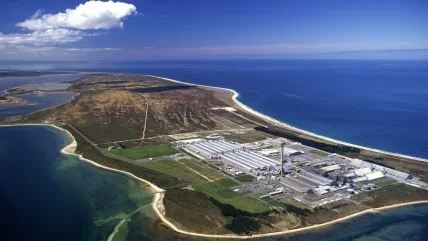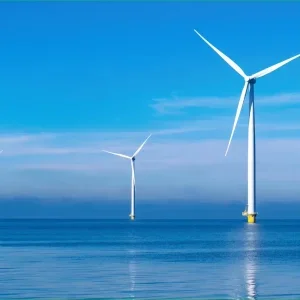
New Zealand Aluminium Smelters (NZAS), a joint venture between Rio Tinto and Sumitomo groups, has signed long-term power supply agreements for its Tiwai Point aluminium smelter.
It has signed agreements with electricity generators Meridian Energy, Contact Energy and Mercury NZ to supply a mix of renewable electricity from New Zealand’s South Island.
The agreements will allow the Tiwai Point facility to continue producing high-purity, low-carbon metal for another 20 years, until at least 2044.
The electricity generators will supply 572MW of renewable electricity to support the smelter’s full electricity needs, starting from July 2024, subject to regulatory approvals.
Rio Tinto Aluminium chief executive Jérôme Pécresse said: “We are pleased the long-term future of the Tiwai Point smelter has been secured with these agreements, which were reached with a genuinely collaborative spirit between all parties.
“They give us confidence that our New Zealand workforce and assets can continue competitively producing the high purity, low-carbon aluminium needed for the global energy transition.
“This is an exciting new chapter, and we would like to thank everyone involved, including our new energy partners, our local Indigenous partners Ngāi Tahu, the Southland community, the New Zealand government and our NZAS workforce for their support in getting us here today.”
NZAS’ new electricity arrangements include 20-year demand response agreements with Meridian Energy and Contact Energy.
Under the terms of the arrangements, NZAS may be requested to reduce electricity consumption by up to a total of 185MW, to ensure secure electricity supply to New Zealand.
In a separate development, Rio Tinto has signed an agreement to acquire Sumitomo Chemical Company’s (SCC) 20.64% stake in NZAS for an undisclosed price.
The company has also agreed to acquire SCC’s 2.46% interest in Boyne Smelters (BSL), which owns and operates the Boyne Island aluminium smelter in Gladstone, Australia.
Upon closing, Rio Tinto will own 100% of NZAS and a 61.85% interest in BSL.
The deals are subject to several conditions, including regulatory approvals from New Zealand’s Overseas Investment Office and Australia’s Foreign Investment Review Board.






